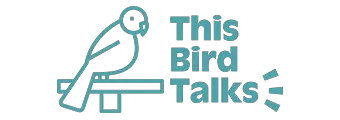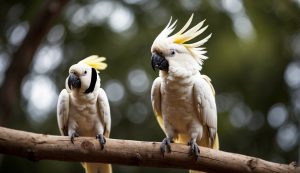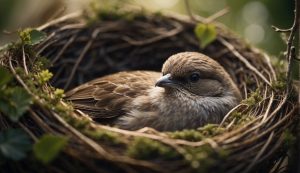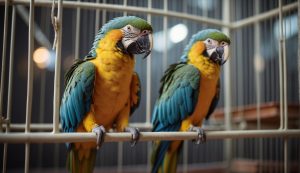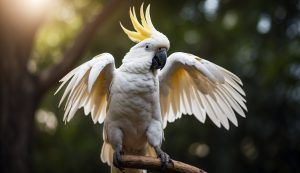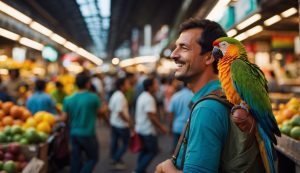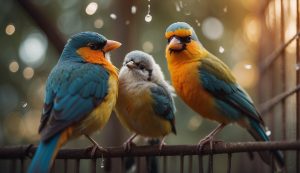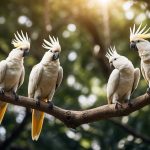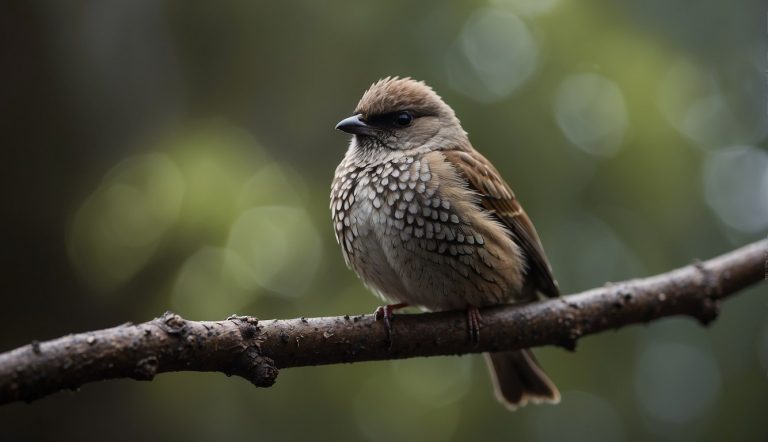Toxic Food for Parrots: Key Items to Avoid for a Healthy Pet
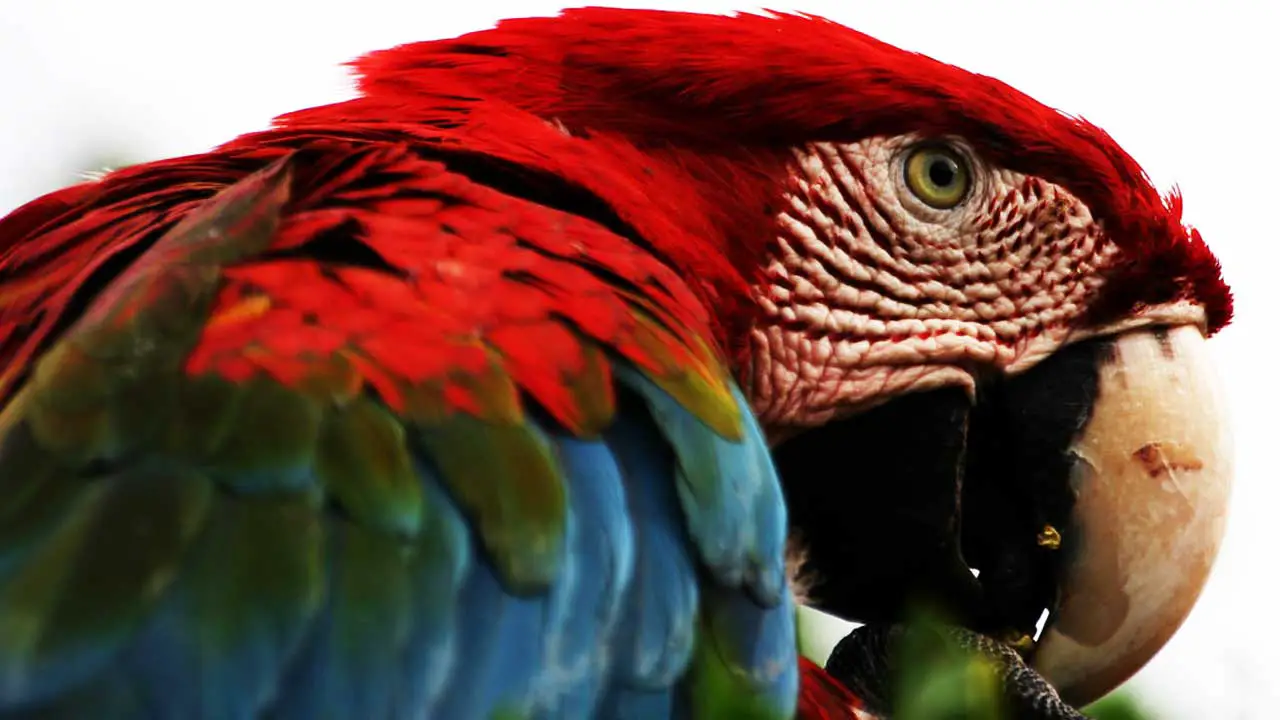
Parrots, as vibrant and intelligent pets, require a well-balanced and nutritious diet to thrive. However, many well-intentioned parrot owners may inadvertently put their feathered friends at risk by feeding them foods that are toxic. It’s essential to be aware of these harmful foods and steer clear of them to ensure your parrot remains healthy and lives a long, happy life.
Proper parrot nutrition goes beyond just avoiding toxic foods. It is crucial to be knowledgeable about the specific dietary needs of parrots, as well as how to safely introduce new foods to their diet.
Also, understanding the signs of toxic food poisoning and knowing what to do if your parrot ingests a harmful substance is critical in safeguarding their well-being.
Key Takeaways
- A well-balanced diet is vital for parrot health, but avoiding toxic foods is equally important.
- Be knowledgeable about common toxic foods and the signs of toxic food poisoning.
- Learn how to prevent toxic food accidents and respond if your parrot ingests a harmful substance.
Table of Contents
Common Toxic Foods for Parrots
When caring for parrots, it’s essential to be aware of common toxic foods that can be harmful or even fatal to them.
In this section, we highlight some of the most dangerous foods for parrots.
Avocado
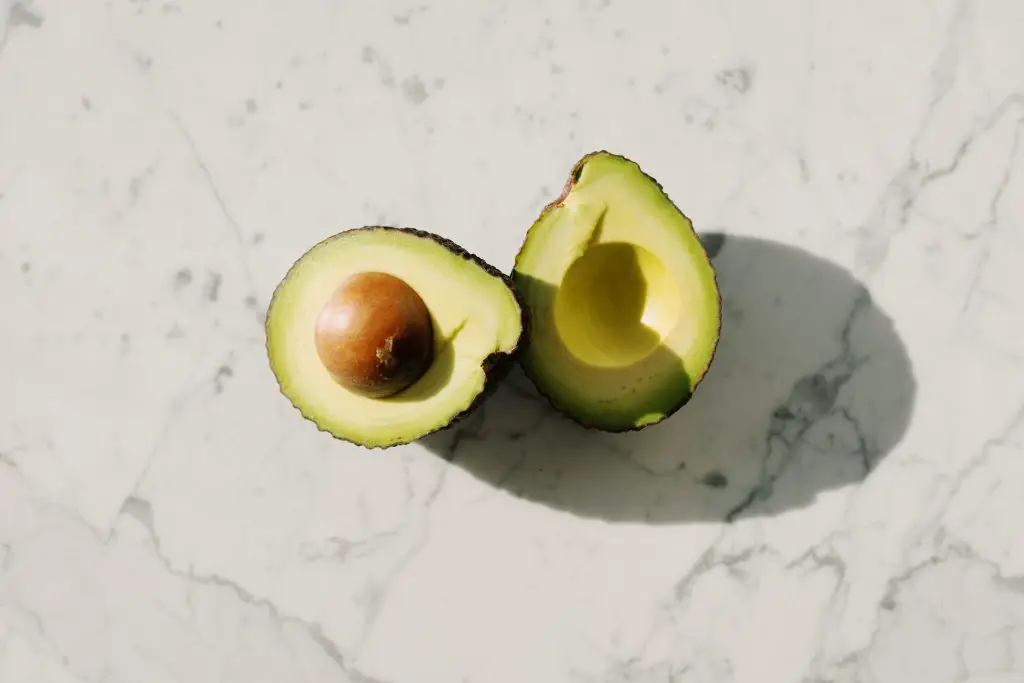
Avocado is toxic to parrots due to a substance called persin. Persin is present in all parts of the avocado and can lead to respiratory distress, heart failure, and even death in parrots.
Keep avocados and any products containing avocado, like guacamole, away from your parrots.
Chocolate
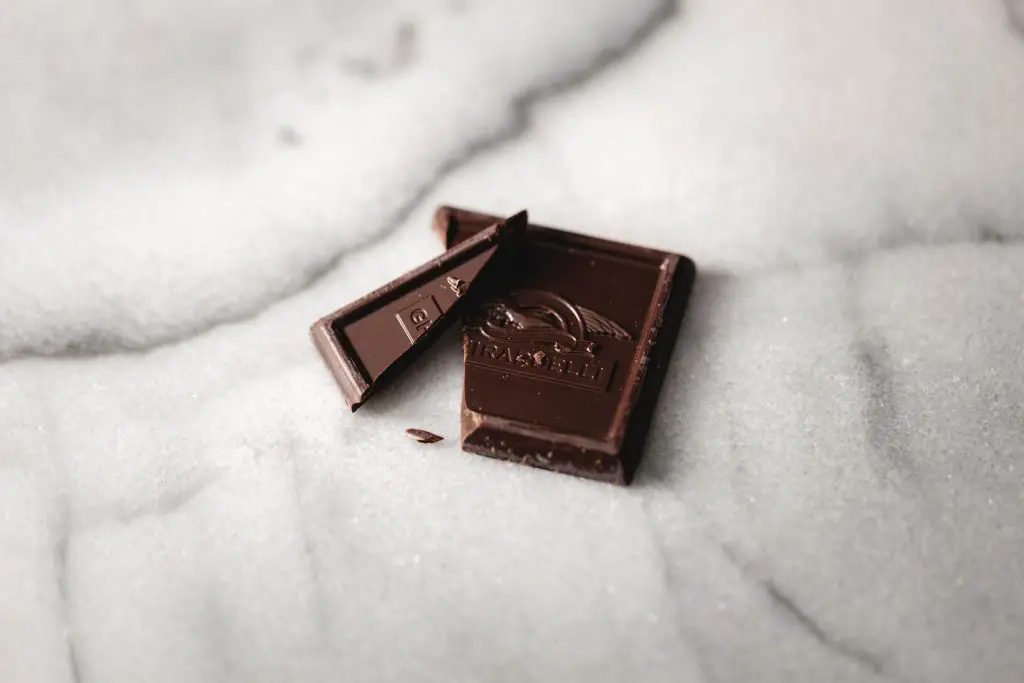
Chocolate contains theobromine and caffeine, both of which are harmful to parrots. Consumption of chocolate may cause hyperactivity, vomiting, diarrhea, tremors, seizures, and even death.
Keep all chocolate products, including cocoa, away from your parrots.
Onions and Garlic
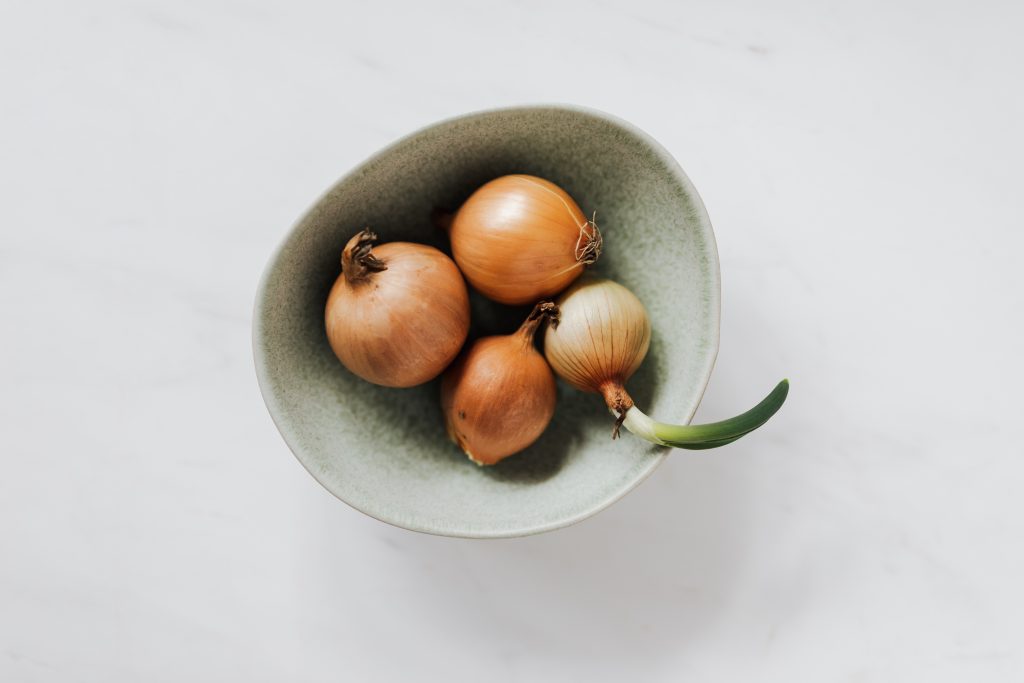
While small amounts of these common ingredients might not be immediately life-threatening to parrots, exposure to onions and garlic can cause gastrointestinal irritation, vomiting, diarrhea, and a decrease in red blood cell count.
It’s best to avoid feeding your parrots anything containing onions or garlic.
Alcohol
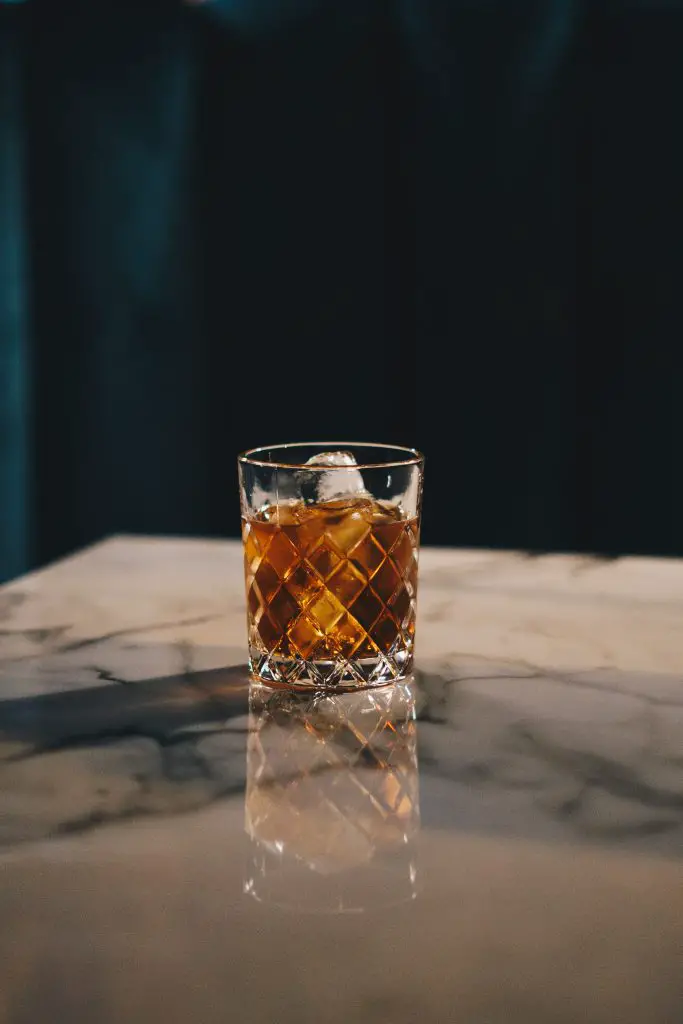
Consuming alcohol can be fatal to parrots as they are unable to metabolize it properly. Even small amounts could lead to intoxication, causing weakness, disorientation, and other serious health issues.
Always keep alcoholic beverages and products containing alcohol out of your parrots’ reach.
Caffeine
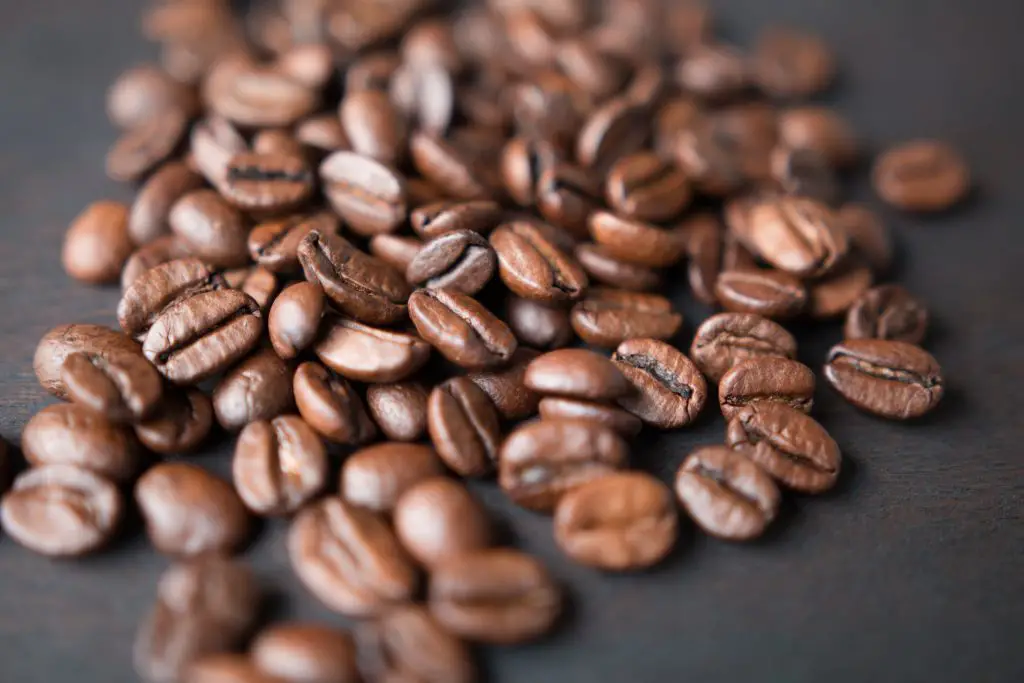
Parrots should not be exposed to caffeine as it can be extremely dangerous. Caffeine can lead to hyperactivity, arrhythmias, tremors, seizures, and death.
Do not allow your parrots access to coffee, tea, cola, energy drinks, or any other caffeinated products.
Fruit Pits and Seeds
Pits and seeds from fruits such as apples, cherries, peaches, apricots, and pears contain cyanide, which is toxic to parrots.
Though the fruit’s flesh is generally safe, always remove and discard seeds and pits before feeding them to your parrots. Additionally, be sure to thoroughly wash fruit to remove any pesticide residue.
By keeping these toxic foods away from your parrots and providing a balanced diet consisting of high-quality pellets and fresh, whole foods, you’ll help ensure their health and well-being.
Dangerous Food Groups
Salt and Sugar
Parrots should avoid consuming large amounts of salt and sugar, as their bodies are not designed to handle high levels of these substances.
Foods like cakes, biscuits, and processed human snacks can be harmful to parrots due to their high sugar and salt content.
It is essential to provide parrots with a balanced diet that is low in salt and sugar to maintain optimal health.
Dairy Products
Dairy products such as milk, cheese, and yogurt can be problematic for parrots. These birds lack the necessary enzymes to digest lactose, a sugar found in many dairy products.
Consuming dairy can lead to digestive issues, discomfort, and potential nutritional imbalances for parrots. Therefore, it’s best to avoid providing dairy products in their diet.
Uncooked Beans and Legumes
Uncooked beans and legumes, such as kidney beans and lentils, should not be fed to parrots. They contain harmful substances like phytohemagglutinin, which can cause severe digestive issues and potentially harm their health.
To safely include beans and legumes in a parrot’s diet, ensure that they are thoroughly cooked and cooled before feeding. This process will destroy any harmful substances and make them safe for consumption.
What to Do If Your Parrot Ingests Toxic Food
If you suspect your parrot has ingested a toxic substance or food, it’s important to act quickly. Here are some steps to follow in case of suspected poisoning:
- Stay calm and composed: It’s important for you as a parrot owner to remain calm in order to effectively help your beloved pet. Take a deep breath and gather yourself before proceeding to the next steps.
- Identify the ingested toxic food: Try to figure out which specific toxic substance your parrot has ingested. This valuable information can be helpful when talking to your avian veterinarian or a pet poison helpline.
- Contact your veterinarian: Reach out to your avian veterinarian and inform them of your parrot’s situation. Be prepared to provide them with details of the toxic substance and any visible symptoms your bird may be displaying.
- Follow the vet’s recommendations: Once your avian veterinarian is aware of the situation, they will likely recommend specific actions for you to take. Carefully follow their advice as it may be crucial to improving your parrot’s condition.
- Monitor your parrot: While you wait for help or further guidance, keep a close eye on your parrot. Observe any changes in their behavior or condition and update your veterinarian accordingly.
- Prevent access to toxic substances: As a preventative measure, ensure that all toxic substances are stored securely and out of reach, to minimize the risk of accidental poisoning in the future.
Remember, the well-being of your parrot depends on your quick and informed actions. By following these steps, you’ll be ready to help your parrot if it ever ingests toxic food.
Signs of Toxic Food Poisoning
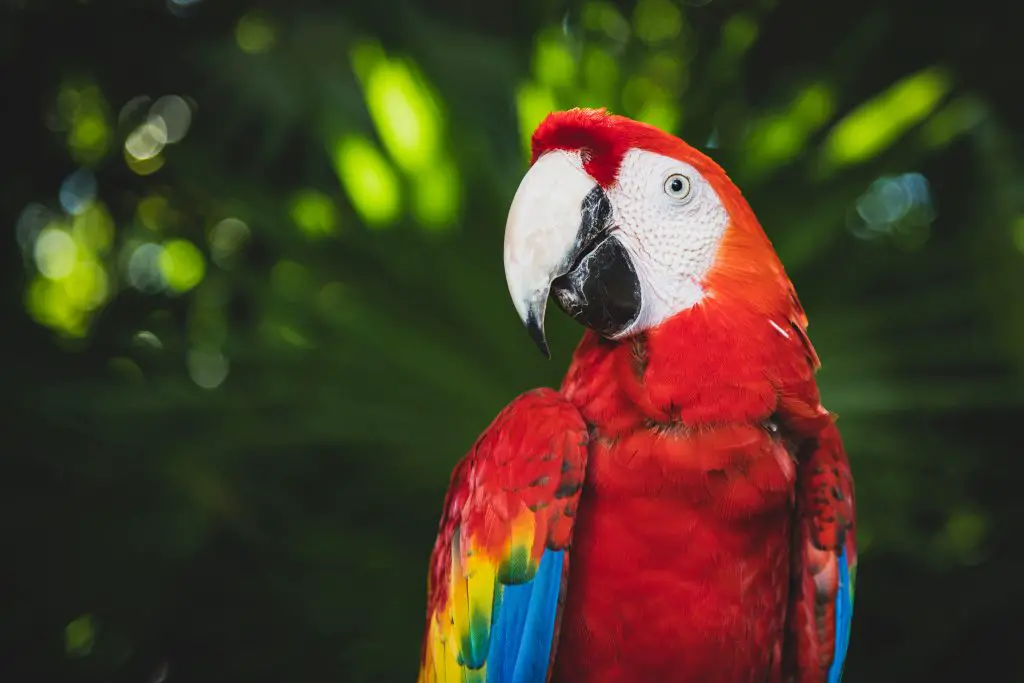
Parrots are sensitive creatures, and ingesting toxic foods can lead to serious health problems or even death. It is vital for parrot owners to recognize the signs of toxic food poisoning early, as prompt treatment can make a significant difference in their bird’s recovery. Here are some common symptoms of poisoning in parrots:
- Loss of appetite: A poisoned parrot may lose interest in food, which is a significant warning sign.
- Lethargy: Poisoned parrots can become weak and sluggish, showing a lack of energy and activity.
- Vomiting and diarrhea: These symptoms may occur as the bird’s body tries to eliminate the toxic substances.
- Difficulty breathing: A poisoned parrot might have trouble breathing, with rapid and labored breaths.
- Disorientation and balance issues: Signs of neurologic dysfunction, such as confusion or unsteadiness, can be observed in intoxicated parrots.
- Seizures or tremors: In severe cases, poisoned parrots may experience seizures or tremors, indicating high toxicity levels.
Early intervention is crucial when a parrot has ingested a toxic substance. Parrot owners should have a first aid kit available and immediately contact their vet or an emergency animal clinic upon noticing any of the above symptoms.
Taking preventive measures, such as keeping potential hazards out of reach and educating oneself on safe food and environment guidelines, can help ensure a healthy, long life for these beloved companions.
Preventing Toxic Food Accidents
It’s important for parrot owners to be aware of the foods that can harm their feathered friends. By taking a few precautions, accidents involving toxic foods can be avoided. Here are some tips to help ensure your parrot stays safe and healthy.
First and foremost, become familiar with the list of toxic foods for parrots. Some common toxic foods to avoid include chocolate, salt, peanuts, uncooked dried beans, dairy products, fatty foods, coffee, caffeinated drinks, cabbage, kale, sugars, and salty foods.
Knowing which items are harmful and keeping them out of your bird’s reach is crucial.
When preparing your parrot’s meals, consider incorporating a variety of high-quality pellets and whole, fresh foods into their diet, rather than relying on seed mixes.
This not only helps keep your bird healthy but also reduces the chances of accidentally offering a toxic food item.
If you have visitors in your home, instruct them not to feed your parrot any snacks or treats without your permission. Many people might not be aware of the dangers certain foods can pose to birds, so it’s essential to communicate this information to anyone interacting with your parrot.
Quick Tip!
Keep a list of toxic foods visible in your kitchen or near your parrot’s living area, as a quick reference for yourself and others.
This can be especially helpful when training bird-sitters, friends, or family members to care for your pet.
When grocery shopping or trying new bird-safe recipes, double-check ingredients if you’re unsure about their safety. Additionally, be cautious of food containers and packaging materials that could pose choking hazards or contain harmful substances.
By taking these proactive steps, parrot owners can significantly reduce the risk of toxic food accidents and enjoy a long, happy life with their beloved pet.
Frequently Asked Questions
What foods should I avoid feeding my parrot?
There are several foods that are toxic to parrots and should be avoided. Some of the most common ones include avocado, chocolate, coffee, alcohol, salt, and uncooked beans.
Additionally, refrain from giving them high-sugar or high-fat foods, and avoid offering raw mushrooms, onion, and garlic.
Is avocado harmful to parrots?
Yes, avocado is harmful to parrots as it contains persin, a toxic chemical compound. It can cause respiratory distress, heart failure, and even death in parrots.
Avoid feeding your parrot any part of the avocado, including the flesh, pit, and skin.
Can parrots eat tomatoes safely?
Parrots can eat ripe tomatoes safely, but be cautious about giving them green, unripe ones.
The unripe fruit, as well as the leaves and stems, contain solanine, which can be toxic. Remove any green parts from the tomato before offering it to your parrot.
Which common household foods are dangerous for parrots?
Several household foods can be dangerous for parrots. Foods such as chocolate, coffee, alcohol, and salt can cause serious health issues.
Some fruits, like avocado and uncooked rhubarb, are toxic, as well as certain vegetables like onions, garlic, and mushrooms.
Can parrots get sick from certain foods?
Parrots can get sick from consuming toxic or unsuitable foods. The symptoms can range from mild, like stomach upsets or digestive problems, to severe, like organ damage or even death.
To make sure your parrot stays healthy, provide a balanced diet consisting of high-quality pellets and whole, fresh foods.
What vegetables and fruits should I avoid giving my parrot?
Avoid giving your parrot avocado, eggplant, raw rhubarb, and unripe tomatoes.
Also, do not feed them the pits of cherries or apricots, as these contain cyanogenic glycosides, which can be toxic.
It’s important to be aware of which fruits and vegetables are safe for your parrot and always wash them thoroughly to remove possible pesticide residues.
